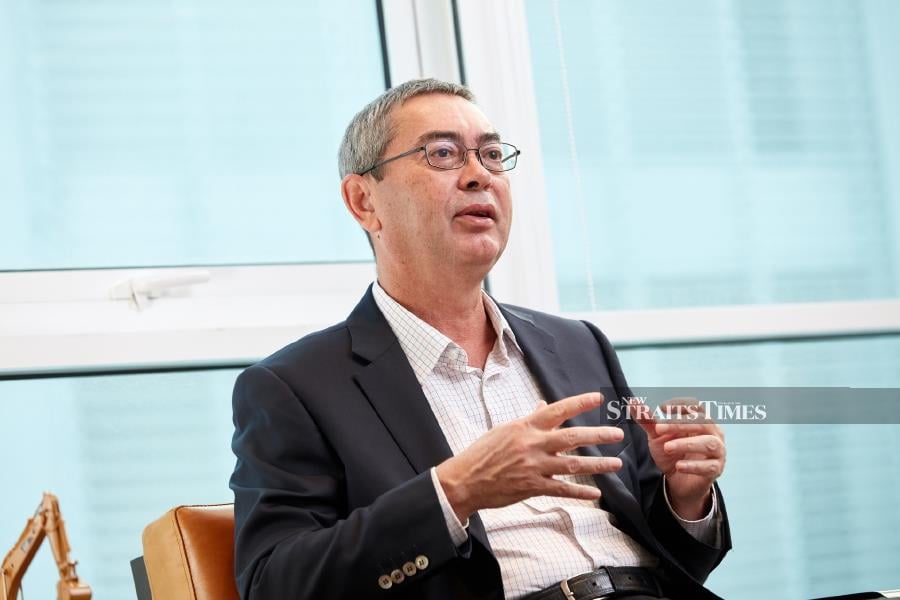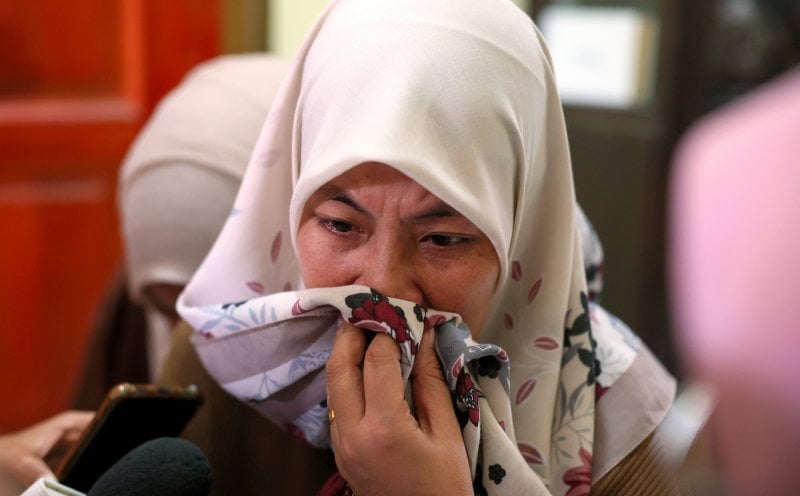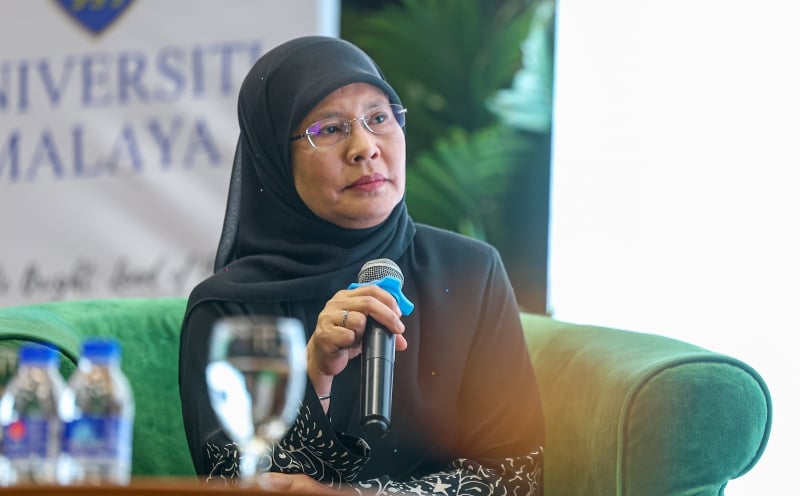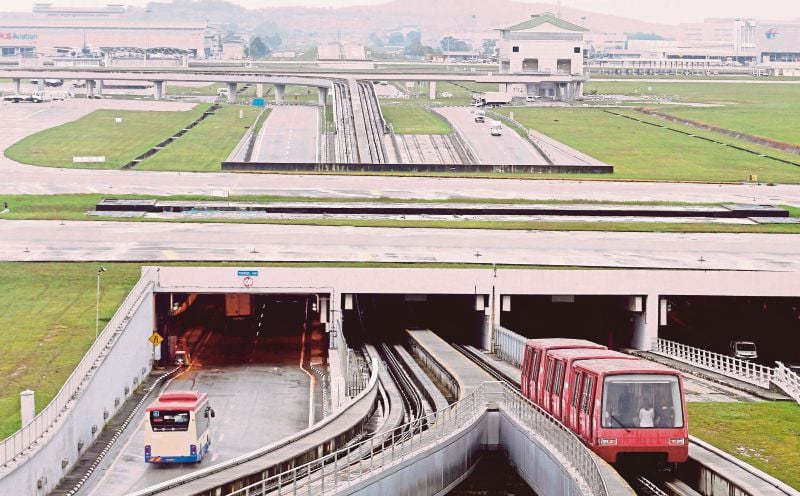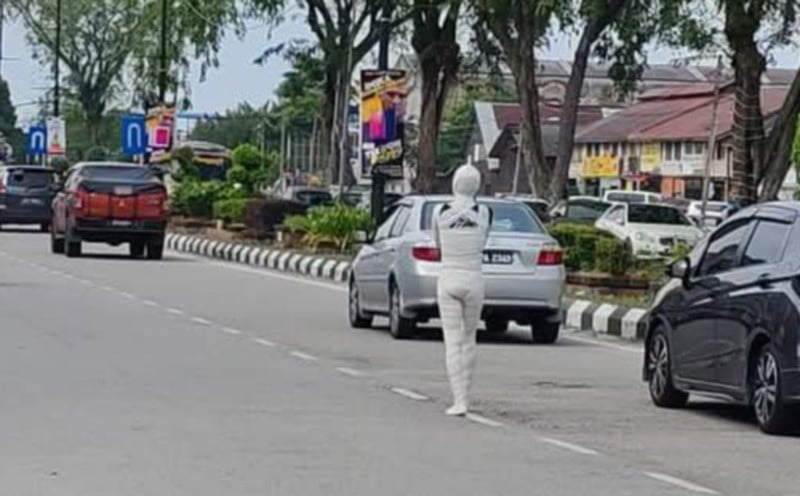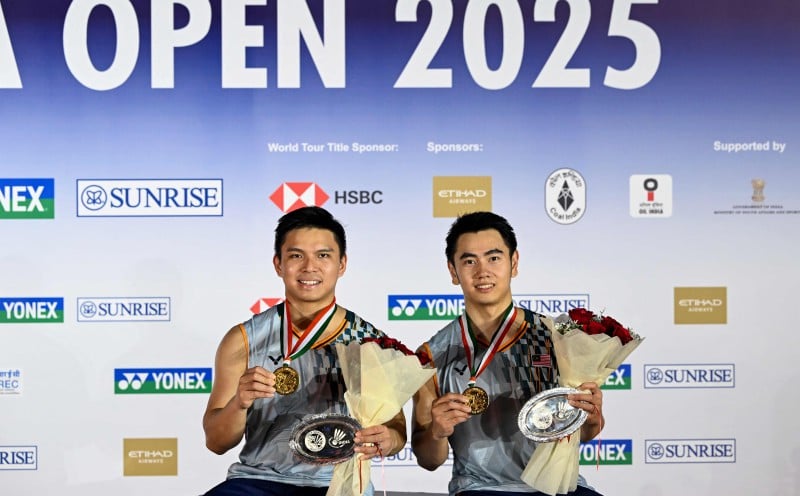KUALA LUMPUR: Higher uptake of luxury cars and stronger commodity prices will likely place Sime Darby Bhd in a better position for the financial year ending June 30, 2022 (FY22).
Group chief executive officer Datuk Jeffri Salim Davidson said Sime Darby's motors and industrial divisions would still be the main earnings contributor to the group, despite the ongoing Covid-19 situation and uncertainties.
"Right now, it is difficult to predict as the pandemic situation persists, especially in China as the country is tightly locked up again.
"But, things are getting better and we should be able to see demand for luxury cars to remain strong, particularly in China.
"For FY22, we continue to close achieving last year's result, considering the situation and headwind," he said in a virtual press conference after announcing the group's quarterly results, here yesterday.
Sime Darby's net profit dropped 45.5 per cent year-on-year (YoY) to RM345 million for the second quarter (Q2) ended December 31, 2021, from RM633 million posted a year ago.
This was mainly due to the inclusion of a one-off RM272 million net gain on disposal of the group's 30 per cent stake in Tesco Stores (Malaysia) Sdn Bhd in the previous corresponding period.
The lower earning in the latest quarter was also primarily dragged by profit shortfall of its industrial division and losses from the Jining Ports operations.
Its Q2 revenue eased 6.2 per cent to RM10.54 billion from RM11.24 billion, attributed to lower contribution from the industrial operations in China and Australasia.
For the first half, Sime Darby's net profit dropped 36.4 per cent to RM581 million from RM914 million previously, while revenue eased 4.1 per cent YoY to RM21.21 billion from RM22.12 billion.
The conglomerate cautioned that supply constraints from the principle and manufacturers could continue to impact the availability of certain models.
This will, however be partly mitigated by higher vehicle margins as a result of lower discounting.
"But we should be able to get sufficient volume for cars, despite the supply constraint from our principals," said Jeffri, adding that demand for electric vehicle (EV) would be encouraging in China and Europe.
He said Sime Darby would capitalise on the booming trend of EV adoption and hopeful the segment can grow in the future, supported by the government's policy and the charging infrastructure.
Sime Darby is expected to launch a few EVs from the likes of BMW 3 Series, Volvo XC40, BMW iX and BMW i4 in China and Malaysia this year.
Group chief financial officer Mustamir Mohamad said Sime Darby would consider introducing locally assembled models for EVs, depending on sufficient volume uptake from local demand.
On the potential interest rate hike, Jeffri demand for luxury cars in China would continue to be strong as the market has fast-growing middle-class consumers.
Similarly in Malaysia, he said local consumers would likely rush to buy cars before the expiry of the Sales and Services Tax exemption by June 30, 2022.
"Beyond that, I believe the market will stabilise and find its own equilibrium."
Meanwhile, Jeffri said metallurgical and coal prices could remain elevated given the supply tightness and a healthy spot demand.
"Commodities are currently on a bull run as global economy reopens strongly amid supply chain constraints. Higher demand for metallurgical will drive strong demand for our industrial products (heavy equipments, parts and maintenance) for the Caterpillar over the next six-month, especially in Australasia" he said.
He said the group's heavy equipment market in China might be contracted, but mitigated by the expected strong equipment deliveries in Australasia driven by strong coal prices and government fiscal stimulus.
"Strong commodity prices will push the industrial segment with high demand for equipment and parts and maintenance for Caterpillar trucks."
On the potential impact from the government's tax regime, Sime Darby said it was unlikely to incur additional tax from foreign sourced dividend income Malaysia would continue to be exempted from further taxation for another five years until December 31, 2026,
Additionally, the Cukai Makmur (prosperity tax) could also not put a dent on the company's smaller companies.
Under the Cukai Makmur, companies with pre-tax profit of more than RM100 million will be taxed at a higher rate of 33 per cent (compared to 24 per cent currently).



